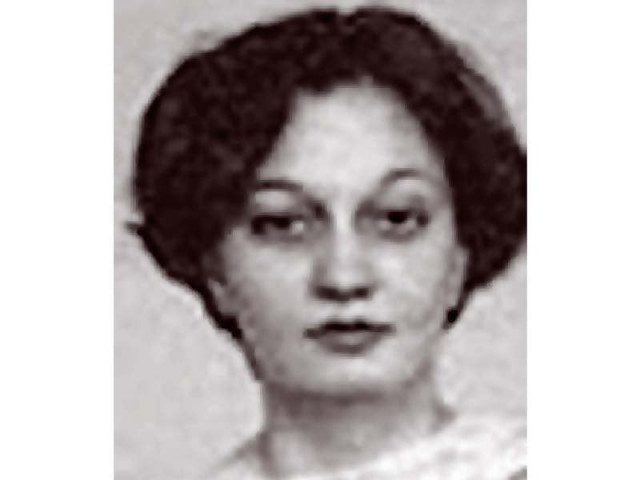A treasury of verse: Remembering poet Hima Raza
Hima Raza’s work focuses on post-colonialism, political undercurrents

Hima Raza’s work focuses on
post-colonialism, political undercurrents
When she was growing up, Raza — who was my father’s sister — was an avid reader. She completed her undergraduate degree from from Kinnaird College for Women and then went on to Australia for her postgraduate degree at University of New South Wales. Raza completed her PhD in England.
Initially, she taught A Levels students at her alma mater Lahore Grammar School and went on to teach creative writing at Lahore University of Management Sciences. She taught poetry and postcolonial literature.
In 2000, Memory Stains, her first anthology was published followed by Left-Hand Speak. Her poetry varied in theme, from simple human emotions and interactions to more intricate themes of post-colonialism, generation gaps, political undercurrents and feminism.
Resolving inner turmoil: Using poetry to heal emotional conflicts
The charm of her poetry lies in her use of the page, playing with space and a visual layout. Her verses are experimental, with an ingenious use of language that alternates between being extremely formal and colloquial. In her last published work, she even introduced bilingual poems — a technique she worked on thoroughly with guidance from her namesake and grandmother who herself was an Urdu writer.
If you glance at her poems, you will notice she drifts back to her mother tongue, Urdu. This is either an outcome of her admiration for Urdu poets — especially Faiz Ahmed Faiz — or her own internal exploration of identity.
Her verses adopt a terseness of tone which switches to a fluidity and softness in the next poem. Each verse contains a different flavour, an element of surprise.
It was not just powerful words that added fuel to her poems. Strong, evocative imagery made her work stand out. I remember a poem that I fell in love with as a child. It was about a girl just standing with the Lahore rain falling in her open palms. After her death, her last publication came in the form of a short story, Variations: A Story in Voices. It was published in And the World Changed: Contemporary Stories by Pakistani Women and reflected a different narrative technique.
The writer is a medical student at the The Aga Khan University
Published in The Express Tribune, June 26th, 2016.
Like Life & Style on Facebook, follow @ETLifeandStyle on Twitter for the latest in fashion, gossip and entertainment.



















COMMENTS
Comments are moderated and generally will be posted if they are on-topic and not abusive.
For more information, please see our Comments FAQ